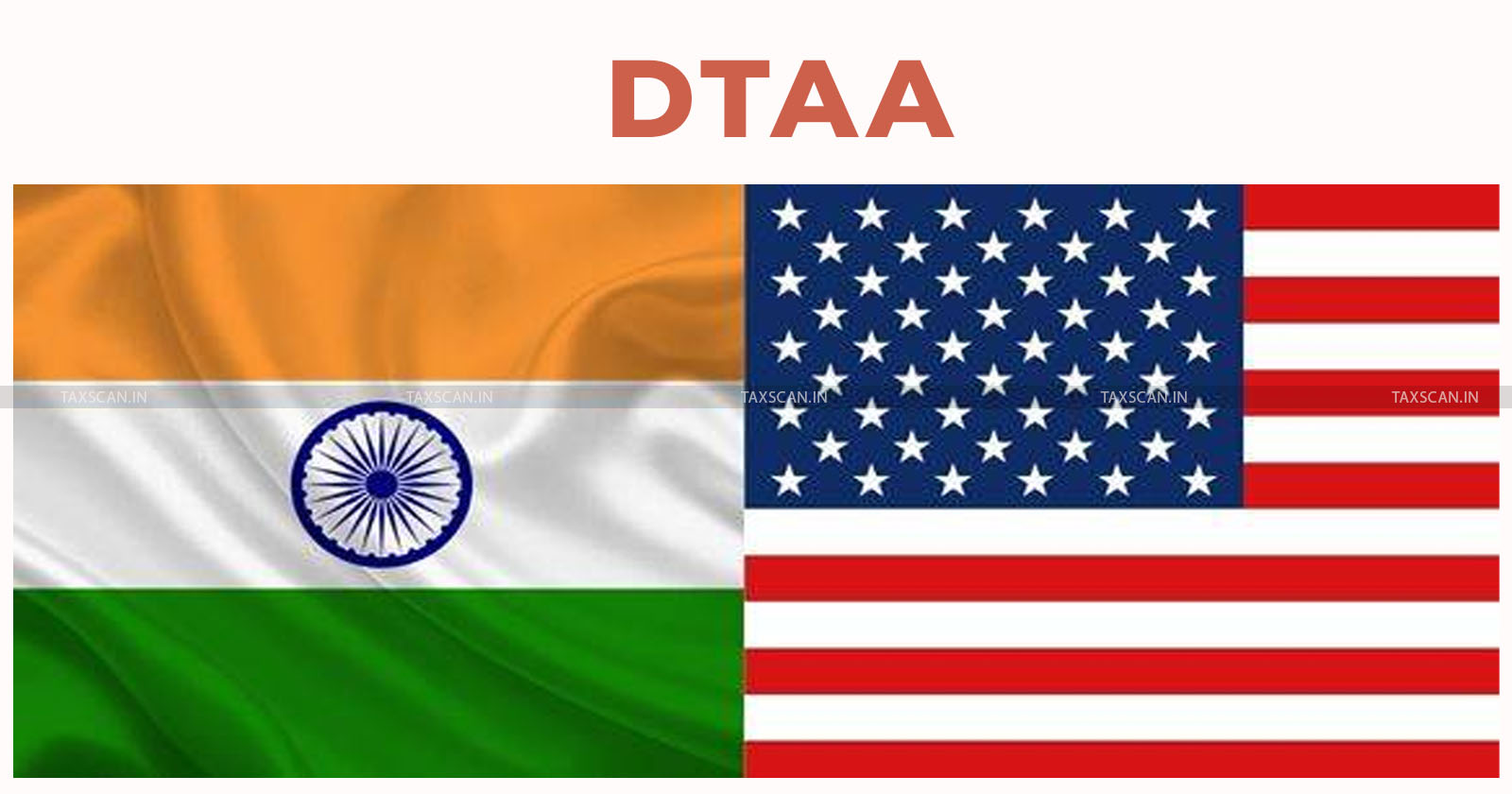CIT(A) Restricts Addition on Alleged Bogus Transactions to 5% Instead of 100%: ITAT Orders De Novo Adjudication on Revenue’s Appeal [Read Order]
“In the interest of justice and fair play,” the assessee should not be deprived of a reasonable chance to support its claim on merits. Therefore, the CIT(A)’s order was set aside and remanded the matter back to the Jurisdictional Assessing Officer for de novo adjudication.
![CIT(A) Restricts Addition on Alleged Bogus Transactions to 5% Instead of 100%: ITAT Orders De Novo Adjudication on Revenue’s Appeal [Read Order] CIT(A) Restricts Addition on Alleged Bogus Transactions to 5% Instead of 100%: ITAT Orders De Novo Adjudication on Revenue’s Appeal [Read Order]](https://images.taxscan.in/h-upload/2025/10/16/2097096-de-novo-adjudication-taxscan.webp)
The Mumbai Bench of the Income Tax Appellate Tribunal ( ITAT ), with respect to the case involving alleged bogus purchase transactions, has set aside the order of the Commissioner (Appeals) and remanded the matter back to the Assessing Officer (AO) for de novo adjudication.
The case is related to the assessee-respondent Kartik Gunwantrai Shah, Proprietor of Gati Solvochem, against whom the Income Tax Officer-42(1)(3), Mumbai, reopened assessment proceedings for AY 2009-10.
The reopening was based on information from the DGIT (Investigation), Mumbai, identifying the assessee as a beneficiary of accommodation entries from hawala dealers listed by the Maharashtra Sales Tax Department.
The AO noted that the assessee had allegedly obtained bogus purchase bills amounting to ₹3,51,358, without any actual movement of goods. Despite repeated notices issued under Sections 148 and 142(1) of the Income Tax Act, 1961, the assessee failed to respond or furnish the required details.
Consequently, the AO completed the assessment under Section 144 read with Section 147, treating the entire amount of ₹3,51,358 as bogus purchases and adding it to the assessee’s taxable income.
In appeal, the assessee produced additional evidence and sought admission under Rule 46A of the Income Tax Rules, 1962, explaining that it could not respond earlier due to genuine reasons. However, after obtaining the AO’s remand report, the Additional/Joint CIT(A)-2, Coimbatore, rejected the additional evidence and adjudicated based on the available record.
While the CIT(A) upheld the reopening under Section 147, it found merit in granting partial relief. The appellate authority observed that even if purchases were unverifiable, only the profit element embedded in such transactions could be taxed. Consequently, the addition was restricted to 5% of the alleged bogus purchases instead of the 100% disallowance made by the AO.
 Also Read:Salary Earned for Services Rendered in the U.S. Not Taxable in India: ITAT directs AO to Verify TRC and Grant DTAA Relief [Read Order]
Also Read:Salary Earned for Services Rendered in the U.S. Not Taxable in India: ITAT directs AO to Verify TRC and Grant DTAA Relief [Read Order]
Aggrieved by the partial relief, the Revenue filed an appeal before the ITAT. The Department contended that the assessee had completely failed to substantiate the genuineness of purchases or to produce any supporting documentation.
It argued that the CIT(A) erred in restricting the addition to 5% when no evidence of actual purchases was available, urging the tribunal to sustain the entire addition made by the AO.
The Tribunal noted that the assessment had been completed ex parte under Section 144 since the assessee had not responded to statutory notices.
However, the CIT(A) also failed to exercise the power newly conferred under Section 251(1)(a) (as amended by the Finance (No. 2) Act, 2024), which authorizes the Commissioner (Appeals) to set aside an ex parte assessment and remand the case for a fresh hearing.
It observed that while the assessee’s request to admit additional evidence was denied, fairness demanded that an opportunity be provided to present relevant documents substantiating the purchases.
The Bench comprising Shri Narendra Kumar Billaiya (Accountant Member) and Shri Sandeep Singh Karhail (Judicial Member) said that “in the interest of justice and fair play,” the assessee should not be deprived of a reasonable chance to support its claim on merits.
The ITAT, therefore, set aside the CIT(A)’s order and remanded the matter back to the Jurisdictional Assessing Officer for de novo adjudication. The AO was directed to conduct a fresh assessment after granting the assessee adequate opportunity to produce evidence and explain the transactions in question.
Support our journalism by subscribing to Taxscan premium. Follow us on Telegram for quick updates


